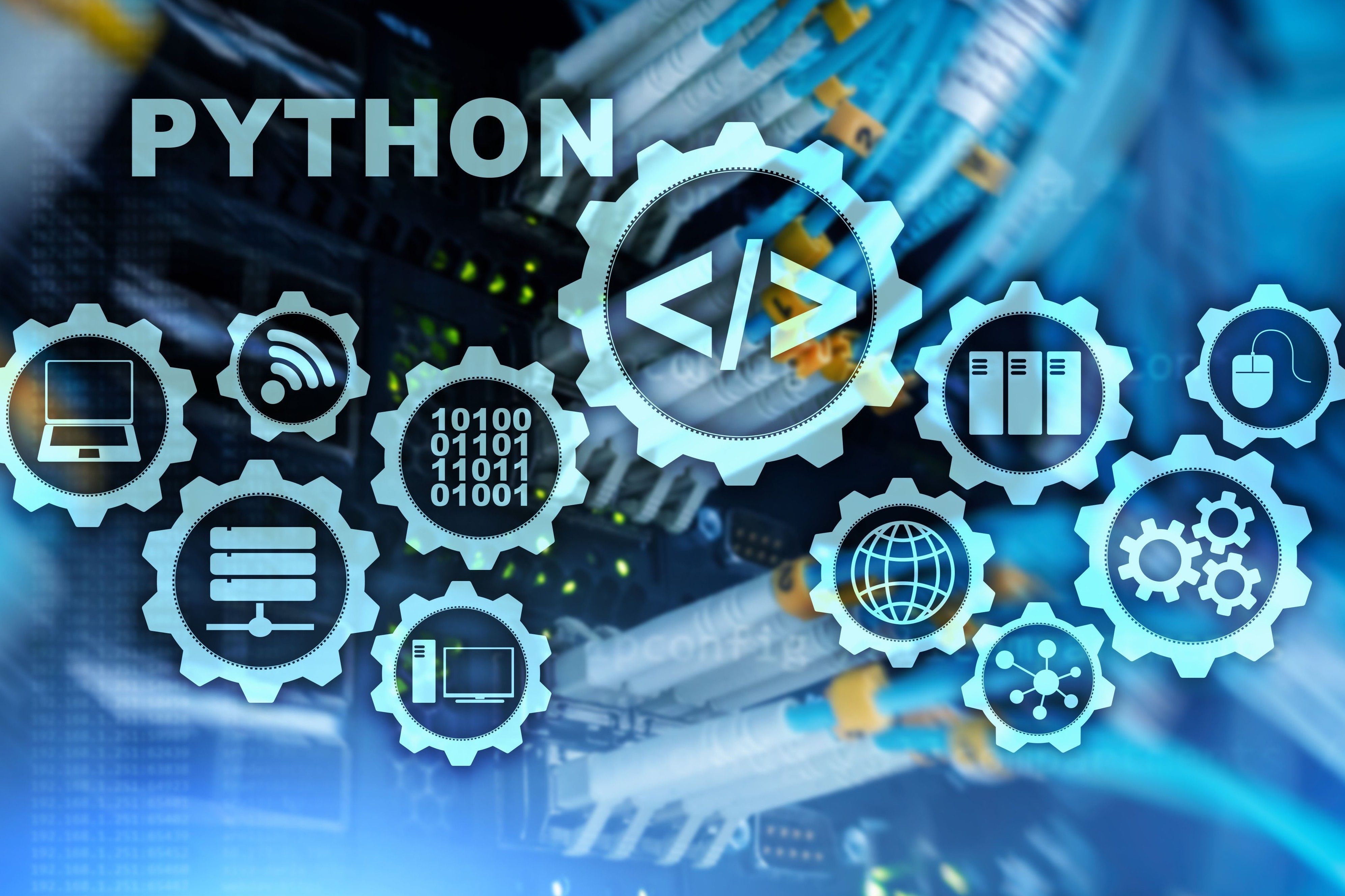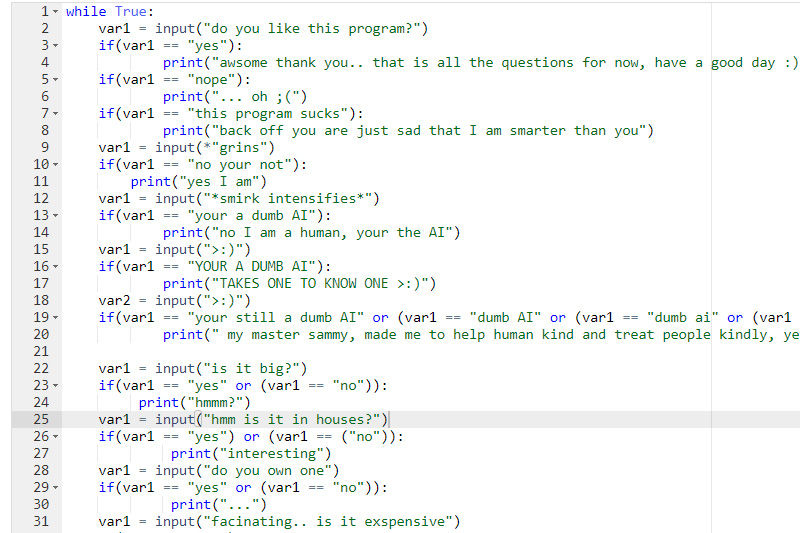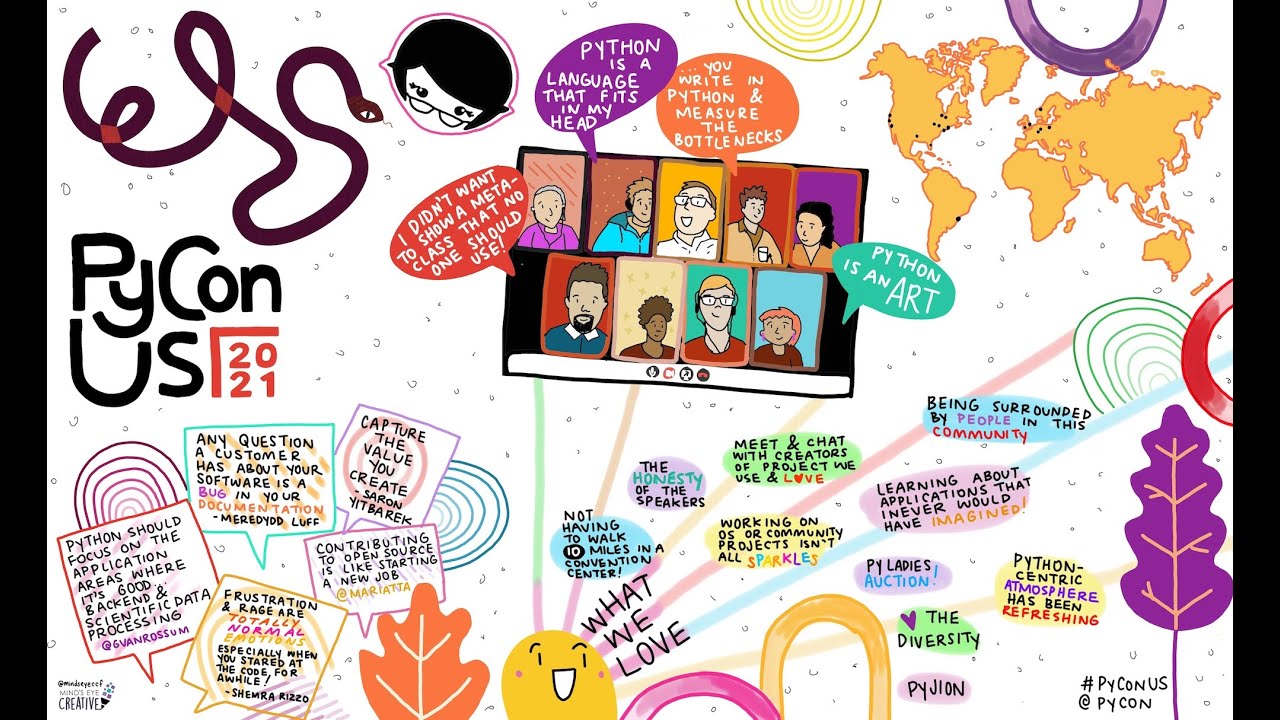
The Power of Python in Modern Software Development
Python has steadily emerged as one of the leading programming languages in the technological landscape, renowned for its versatility and ease of learning. In both simple scripts and complex applications, its influence is both profound and transformative, making it a go-to choice for developers ranging from novices to seasoned experts.
Python’s Versatility: From Web Development to Data Science
When I first encountered Python, my initial project involved web scraping to gather data for a personal research project. The elegance of Python syntax combined with powerful libraries such as BeautifulSoup and Requests made the task not only achievable but enjoyable. This experience opened my eyes to the wide array of applications Python can tackle. Whether it’s developing dynamic websites using frameworks like Django or Flask, or diving into the world of data analysis with Pandas and NumPy, Python excels.
 Python can be used in various domains, including web development and data science.
Python can be used in various domains, including web development and data science.
Moreover, with the advent of machine learning and artificial intelligence, Python’s prominence has only escalated. Libraries like TensorFlow and PyTorch have made it a dominant player in this transformative field. As I explore these advanced topics, I often find myself grateful for Python’s user-friendly nature, which allows me to focus on learning algorithms instead of wrestling with complex syntax.
The Community and Ecosystem: A Jewel in Python’s Crown
Part of what makes Python so appealing to me and many others is its vibrant community. This ecosystem is filled with countless contributors who have crafted libraries, frameworks, and resources that push the envelope of what’s possible with Python. Whether you’re looking for a specific library or need help debugging a tricky piece of code, chances are high that a fellow Pythonista has just the thing you need.
In my journey, I’ve utilized the Python Package Index (PyPI) frequently to discover libraries that suit my projects. From automation tasks to game development, there is no shortage of tools available at my fingertips. Notably, the community-driven nature of these resources makes learning and collaboration seamless.
Embracing Best Practices: Pythonic Code
While it’s easy to fall in love with Python’s straightforward syntax, I’ve learned the importance of writing “Pythonic” code. This involves not only knowing how to utilize features of the language but also understanding the idiomatic ways to do so. Emphasizing readability, simplicity, and efficiency, Pythonic programming has reshaped my approach to coding.
A quote that resonates with me in this regard is:
“Code is read much more often than it is written.”
This philosophy has led me to adopt consistent naming conventions and modular programming in my projects. It encourages me to write code that is not just functional but also easily maintainable—essential qualities in collaborative environments.
 Writing clean and Pythonic code is essential for maintainability and collaboration.
Writing clean and Pythonic code is essential for maintainability and collaboration.
Future Trends: Where is Python Heading?
As I keep an eye on industry trends, the future for Python appears exceedingly bright. With the growing importance of data science and machine learning, more educational institutions are incorporating Python into their curriculums. I believe this will further solidify its position as a leading language for the next generation of developers.
Also, emerging technologies like the Internet of Things (IoT) are increasingly leveraging Python’s simplicity to build scalable solutions. This integration showcases Python’s ability to adapt and thrive in new environments, making it even more indispensable in tech innovation.
Conclusion: A Lifelong Journey with Python
Reflecting on my journey with Python has cemented my belief that it’s more than just a programming language; it’s a valuable tool that fosters creativity and innovation. Whether you’re a beginner wanting to dip your toes into the world of programming or an expert working on complex systems, Python welcomes you with open arms.
In my opinion, the true beauty of Python lies in its community and the wealth of knowledge and resources available. Each day spent coding in Python is a step toward expanding my abilities, and I look forward to what lies ahead as I continue to explore this remarkable language.
 A vibrant community awaits to support Python enthusiasts at every level.
A vibrant community awaits to support Python enthusiasts at every level.















